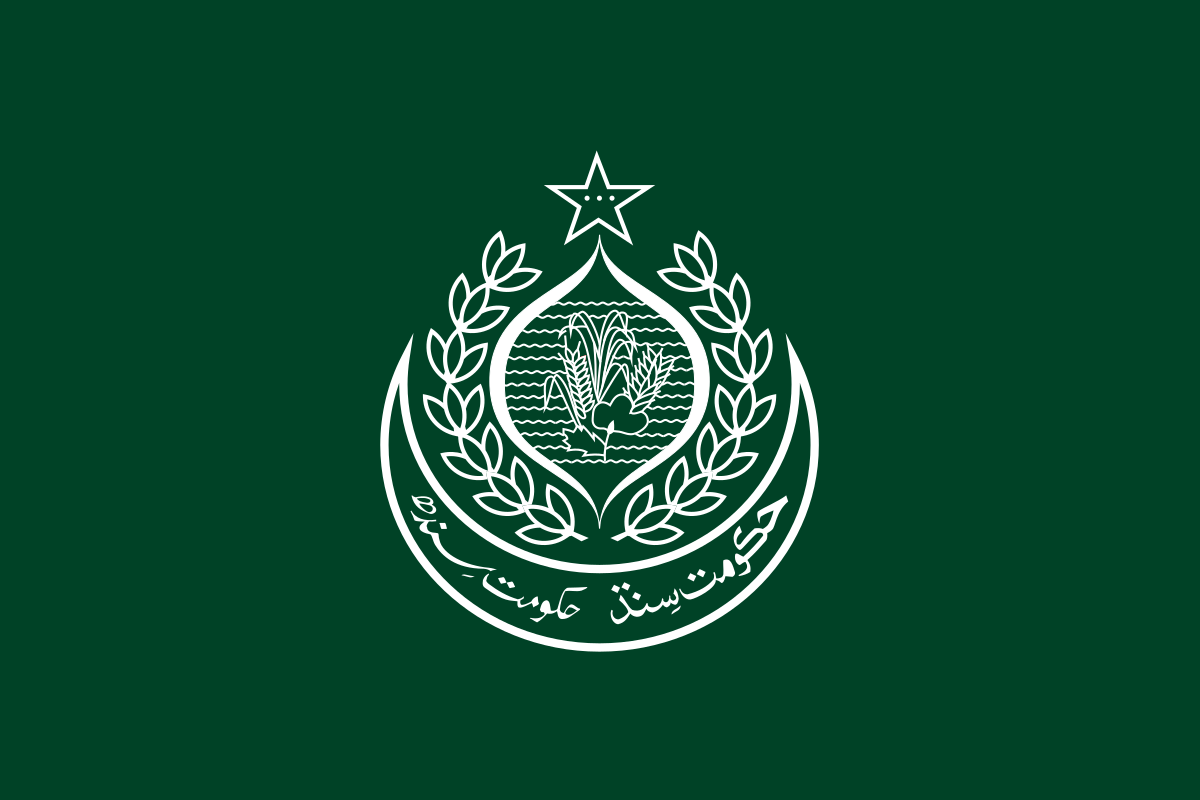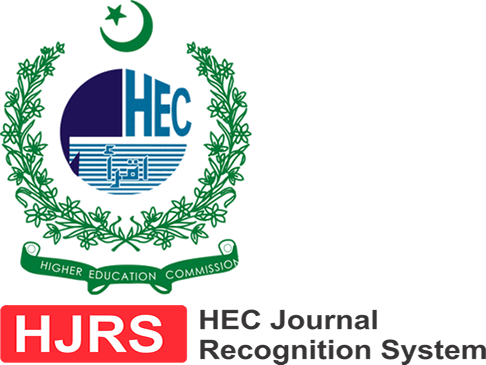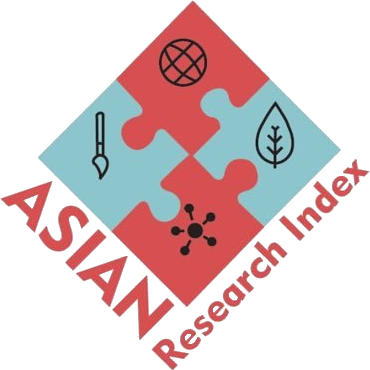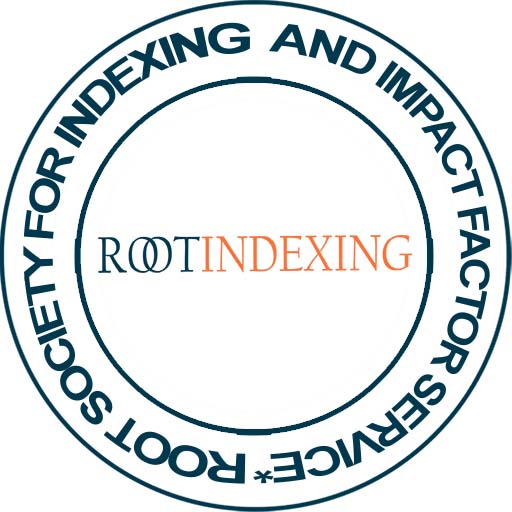TRANSPARENCY AND GOOD GOVERNANCE IN AN ISLAMIC CONTEXT: EVALUATING THE IMPLEMENTATION OF RIGHT TO INFORMATION LAWS IN SINDH
DOI:
https://doi.org/10.5281/zenodo.8364821Keywords:
Shariah, Law, Right to Information, Transparency, Accountability, Good Governance, Proactive disclosure and Public Information officersAbstract
Islam constitutes a holistic religion, encompassing not only matters of faith and devotion, but also the regulation and organization of daily affairs in order to shape human existence and elevate spiritual growth. On the other hand, the establishment of a functioning government is an essential prerequisite for societal order, as the absence of such governance can result in chaos and upheaval. Government, through the establishment of boundaries, enforcement of laws, and protection of rights and freedoms, plays a crucial role in maintaining social harmony. The practice of transparency in exercising power serves as a clear indicator of effective governance and a robust political system. Islam, being the source of the principle of transparency, places significant emphasis on its implementation within the administration of an Islamic society. The current study aims to explore if Sindh government proactively disclosed and published the information on their official websites or not. For the collection of data, seven official websites of the government departments were selected, which were reviewed and analyzed. The methodology employed in the current study was developed by Freedom of Information Advocates Network (FOIANet) for gauging the implementation of Right to Information.
References
A. Mikailu and M. M. Maishanu, "Islamic value system, accountability and transparency in the public service," website http://www. academia. edu/2570307/ISLAMIC_VALUE_SYST EM_ ACCOUNTABI LITY_AND_TRANSPARENCY_IN _THE_PUBLIC_SERVICE, retrieved on, vol. 14, 2013.
B. Z. Yanti and D. Witro, "Islamic moderation as a resolution of different conflicts of religion," Andragogi: Jurnal Diklat Teknis Pendidikan Dan Keagamaan, vol. 8, pp. 446-457, 2020.
M. Mason, "Transparency, accountability and empowerment in sustainability governance: a conceptual review," Journal of Environmental Policy & Planning, vol. 22, pp. 98-111, 2020.
V. P. Nanda, "The “good governance” concept revisited," The ANNALS of the American academy of political and social science, vol. 603, pp. 269-283, 2006.
A. A. Rastgar, S. M. M. Davoudi, H. S. Surahman, and A. A. A. Al-Salami, "Following Islamic teachings in the governance of Islamic society with an emphasis on transparency," HTS Teologiese Studies/Theological Studies, vol. 79, 2023.
A. Florini, "Introduction. The battle over transparency," in The right to know, ed: Columbia University Press, 2007, pp. 1-16.
A. Pourezzat, A. Gholipor, and H. Baghestani, "The relationship between citizens' awareness of the citizenship rights and organization's accountability and transparency," Social Welfare Quarterly, vol. 10, pp. 7-40, 2010.
T. Christensen and P. Lægreid, "Symposium on Accountability, Publicity & Transparency. New Public Management: Puzzles of Democracy and the Influence of Citizens," The Journal of Political Philosophy, vol. 10, pp. 267-295, 2002.
A. Sarikhani and R. Akrami Sarab, "Preventive Functions of Transparency in Criminal Policy," The Judiciarys Law Journal, vol. 77, pp. 91-116, 2013.
M. Montazeri, A. Bahmani, and A. Fathizadeh, "Model of Good governance from point of view of Nahj Al Balagha: step towards explaining Islamic-Iranian model of development," Iranian Pattern of Progress, vol. 6, pp. 133-154, 2018.
W. Wahyuni, S. A. Shihab, S. G. Talib, D. A. Mutlak, R. A. Hussein, and N. K. A. Dwijendra, "Evaluation of the role of Islamic values in improvement of spiritual health among Iraqi Muslims," HTS Theological Studies, vol. 78, pp. 1-7, 2022.
L. Forouzandeh Dehkordi and E. Molayi, "Analyzing the value system in Islamic management and other schools," Rahbord Yas, vol. 17, pp. 166-187, 2009.
A. Meijer, "Understanding modern transparency," International Review of Administrative Sciences, vol. 75, pp. 255-269, 2009.
D. Y. Liambomba, "The Right of Access to Public Information: Human Rights Issues, Transparency and Good Governance," Constitutionale, vol. 4, pp. 1-28, 2023.
M. Taheri and M. Aristo, "A comparative study of the principles of transparency from the perspective of Islam and the theory of good governance," Comparafive Research of Islamic and Western Laws, vol. 3, pp. 1-24, 2016.
I. Taufiq, "Transparency and accountability in the qur’an and its role in building good governance," International Journal of Business, Economics and Law, vol. 6, pp. 73-81, 2015.
"Surat Al-Ĥaj (22:41) ", ed.
M. Q. Shihab, Wawasan Al-Quran: Tafsir tematik atas pelbagai persoalan umat: Mizan Pustaka, 1996.
G. Mohiuddin, "Management views in Islamic literature: A conceptual analysis on the way of new management dimension," International Journal of management, vol. 3, pp. 411-424, 2012.
"Surah Al-Anbiya- Verse 73," ed.
R. A. Akbar, "Quranic and Modern Concept of Leadership Skill," Research Journal of Social Sciences and Economics Review, vol. 4, pp. 1-7, 2023.
"Sahih al-Bukhari 7138, Book 93, Hadith 2," ed.
J. Trakulmututa and A. B. Chaijareonwattana, "Factors affecting the achievement of good governance in HRM: The empirical study of local governments in southern part of Thailand," International Journal of Business and Social Science, vol. 4, 2013.
A. Gholami, "Investigating the effect of systematization of government affairs on the control of administrative corruption," Master’s thesis in economic sciences, Tehran University, 2017.
T.-W. Sungbeh, "Collaborative Governance and Anticorruption in Postwar Monrovia," Walden University, 2017.
S. Elnawawy M, A. E. Okasha, and H. A. Hosny, "Agent-based models of administrative corruption: an overview," International Journal of Modelling and Simulation, vol. 42, pp. 350-358, 2022.
M. Khalaf Khani, "Investigating the relationship between social capital and administrative corruption," Strategy Journal No, vol. 53, pp. 37-56, 2009.
J. Gaventa and R. McGee, "The impact of transparency and accountability initiatives," Development Policy Review, vol. 31, pp. s3-s28, 2013.
R. Sardar, "Governance and the Right to Information Laws in Pakistan: A Gender Perspective," Pakistan Administrative Review, vol. 2, pp. 254-266, 2018.
M. Kamran, I. Ullah, and M. Kaleem, "EXPLORING RIGHT TO INFORMATION AND GOOD GOVERNANCE IN PAKISTAN: A SOCIOLOGICAL PERSPECTIVE," Gomal University Journal of Research, vol. 37, pp. 469-484, 2021.
K. Qaiser and Z. Qaiser, "Incontrovertible Nexus between Transparency and Right of Information in Pakistan’s Perspective," 2020.
H. Darbishire, Proactive Transparency: The future of the right to information?: World Bank, 2010.

Downloads
Published
How to Cite
License
Copyright (c) 2023 AL MISBAH RESEARCH JOURNAL

This work is licensed under a Creative Commons Attribution 4.0 International License.
AL-MISBAH Research Journal is full open access and licensed under Creative Commons Attribution 4.0 International License; and Published by: Research Institute of Culture & Ideology (REINCI), Islamabad, Pakistan. This allows the research community and the general public to gain unlimited, free and immediate access to scholarly articles, and to reuse the content freely provided that proper attribution is given to the original authors.









